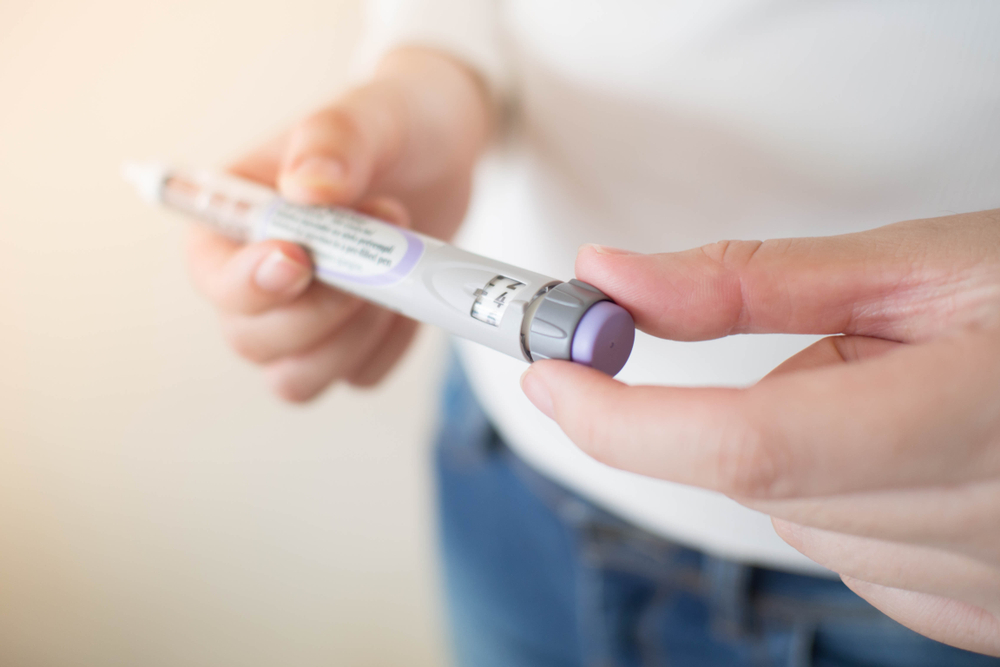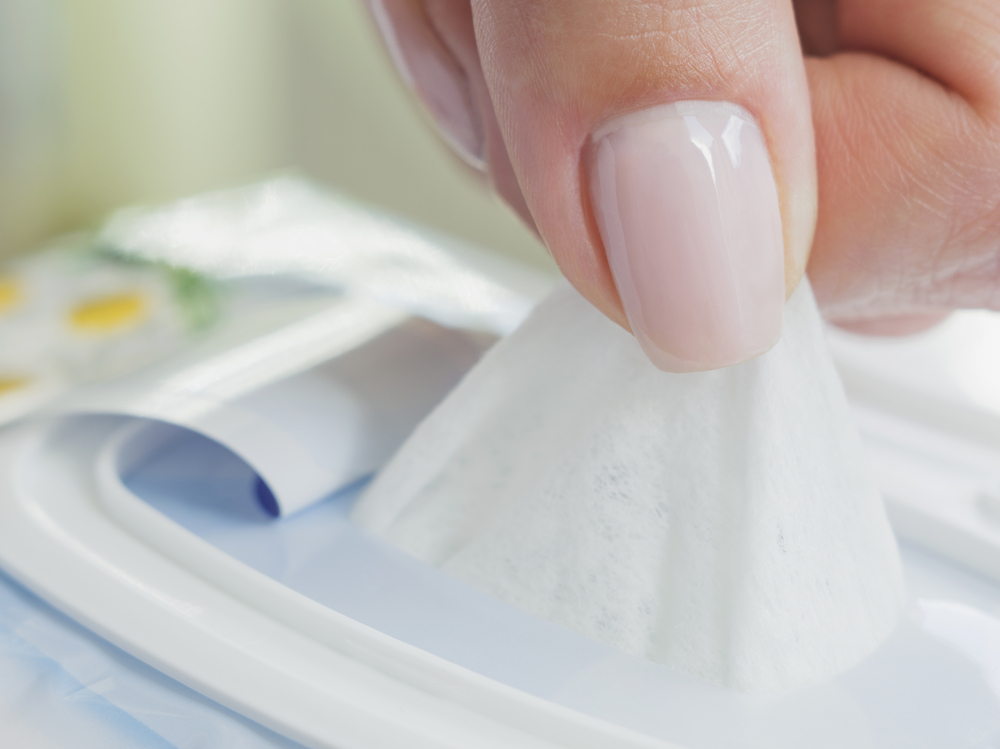Contents:
- Medical Video: Treating Low Blood Sugar | Hypoglycemia | Nucleus Health
- What are the most likely side effects of insulin?
- 1. Allergic reactions
- 2. Hypoglycemia
- 3. Increase weight
Medical Video: Treating Low Blood Sugar | Hypoglycemia | Nucleus Health
For almost most diabetics, injecting insulin is one of the best ways to help control blood sugar to remain stable. But just like other drugs, insulin also has side effects. Potential side effects of insulin can range from mild to severe requiring immediate treatment.
What are the most likely side effects of insulin?
Insulin indeed plays an important role to help stabilize blood sugar and control diabetes. But if not used with the right dose and time, insulin has the potential to cause side effects.
Here are some of the side effects of insulin that you need to watch out for:
1. Allergic reactions
Some diabetics who use insulin can experience an allergic reaction. Allergic reactions due to side effects of insulin are characterized by skin itching, redness and swelling in the former injection site.
In addition, an allergic reaction will also trigger various conditions such as swollen face and lips, chest tightness, difficulty breathing, dizziness, or even fainting.
These side effects include rare. But if you experience allergy symptoms as above after using insulin, go immediately to a doctor, clinic, or emergency room at the nearest hospital.
2. Hypoglycemia
Hypoglycemia is the most common and serious side effect of insulin. This occurs in about 16 percent of type 1 diabetics and 10 percent of type 2 diabetes patients. Hypoglycemia itself is a condition when your blood sugar levels are too low, which is below 70 mg / dL.
Although the function of insulin is to lower blood glucose, too much insulin intake in the body is also not good. Because, this condition can cause a decrease in blood sugar that is too significant. The risk for hypoglycemia is higher if you are taking intensive or continuous insulin therapy. So it's very possible that people with diabetes experience hypoglycemia after an insulin injection.
It is important to learn to recognize the symptoms of hypoglycemia. Mild hypoglycemia is usually characterized by a heart palpitations, excessive sweating, feeling fatigued and inert, kliyengan, trembling, pale skin, and restlessness. Hypoglycemia needs immediate treatment, otherwise this condition can cause complications such as seizures, loss of consciousness, and even death.
If you do not recognize the signs and symptoms of hypoglycemia, you need to check your blood sugar levels with a blood sugar meter. Then eat or drink something that contains sugar or high carbohydrates to quickly increase your blood sugar levels.
3. Increase weight
Apart from those mentioned above, side effects of insulin can also cause weight gain. As we know, extra insulin helps the body store glucose so that the body does not experience excess blood sugar. Unfortunately, insulin on the other hand also makes the body store glucose in the form of glycogen or fat. Now, this increase in fat makes weight gain.
If you don't control your diet during treatment, your weight can increase. Yes, the more you eat, especially unhealthy foods, the blood sugar can increase sharply. As a result, more blood sugar is stored as fat. This is what causes body weight to rise dramatically while using insulin.












